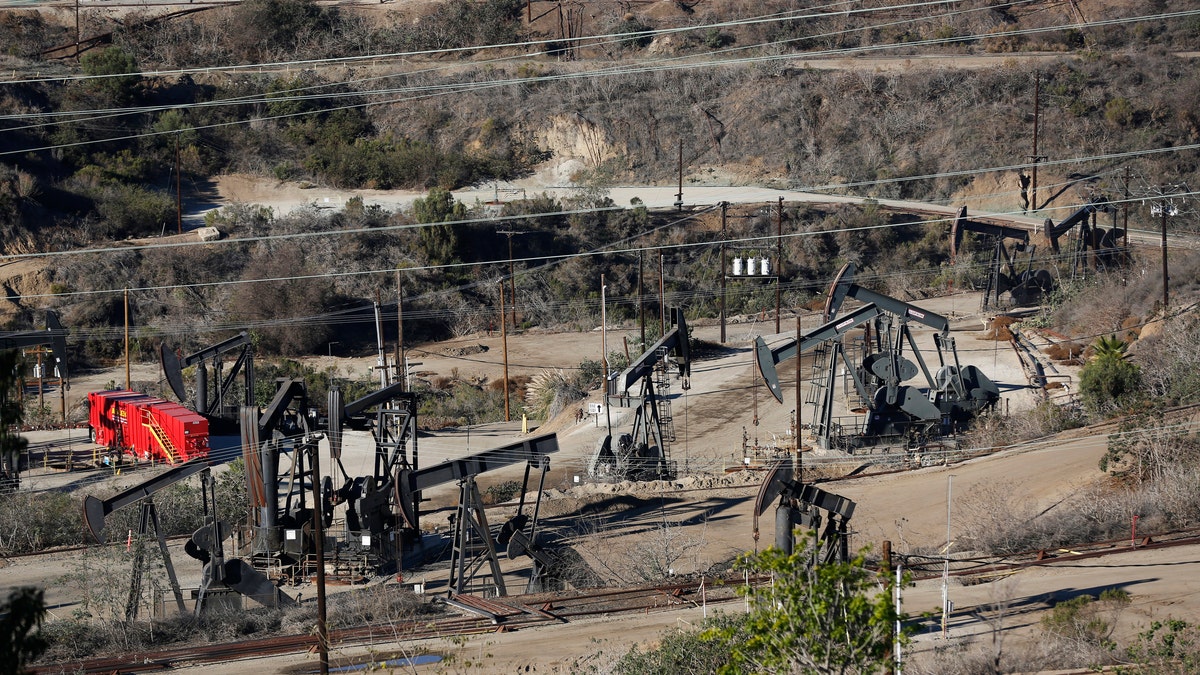
(REUTERS/Mario Anzuoni)
Chemicals used during induced hydraulic fracturing – commonly known as fracking – have been found to disrupt hormone function in the body.
Fracking is a means of gathering gas that involves drilling and injecting highly pressurized fluids into shale rocks. The process causes the rocks to crack and release natural gas. While effective, fracking is a highly controversial procedure due to concerns that it may be harmful to the environment.
Now, a new study published in Endocrinology has revealed that the technique may be harmful to the body as well. Researchers from the University of Missouri School of Medicine analyzed 12 chemicals known or suspected to be used in fracking that are often grouped as endocrine-disrupting chemicals (EDCs) – meaning they can interfere with the normal function of the endocrine system. EDC exposure has been linked with adverse health effects such as cancer and birth defects.
To understand how gas gathering procedures may interact with the body, the researchers gathered surface and ground water samples from fracking sites with drilling spills or accidents in drilling-dense areas. These samples were found to have higher levels of EDC activity, which could block the body’s production of androgens – a group of hormones that includes testosterone and estrogen.
"More than 700 chemicals are used in the fracking process, and many of them disturb hormone function," said study author, Susan C. Nagel, of the University of Missouri School of Medicine. "With fracking on the rise, populations may face greater health risks from increased endocrine-disrupting chemical exposure."








































